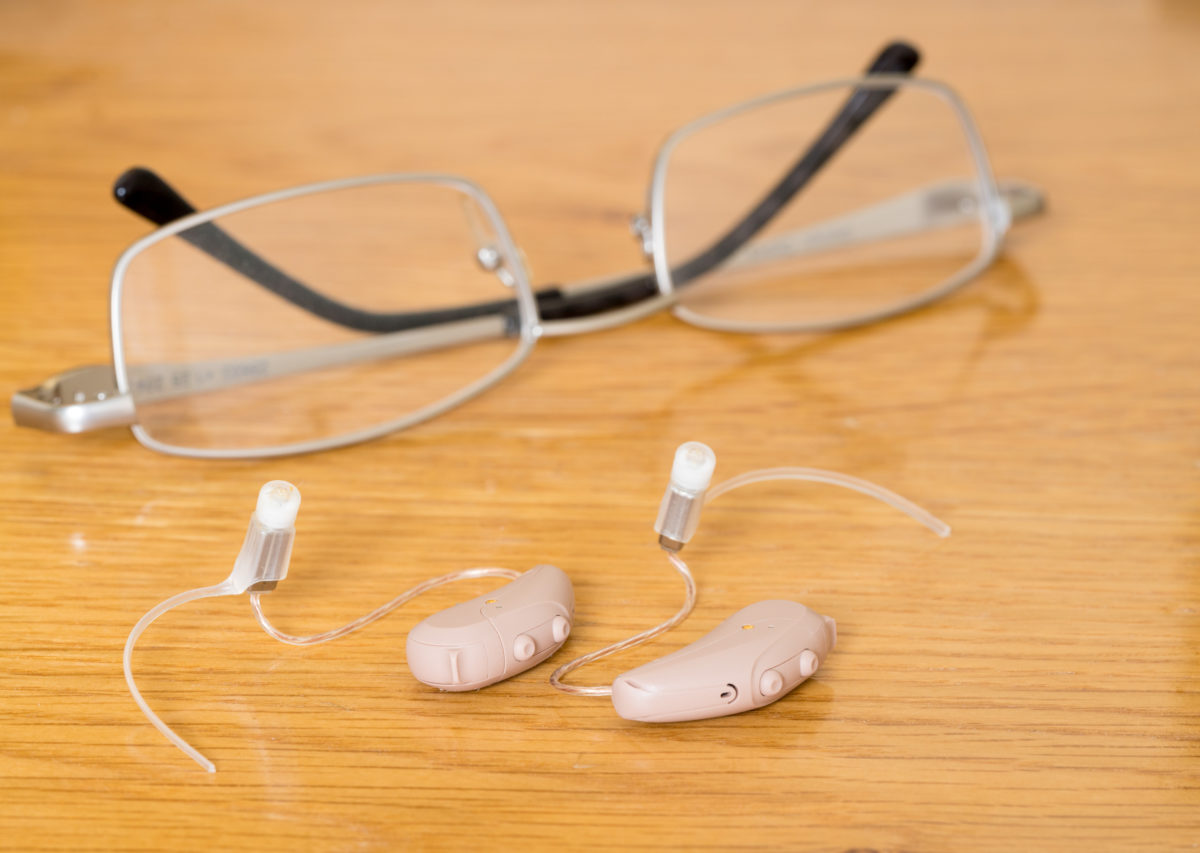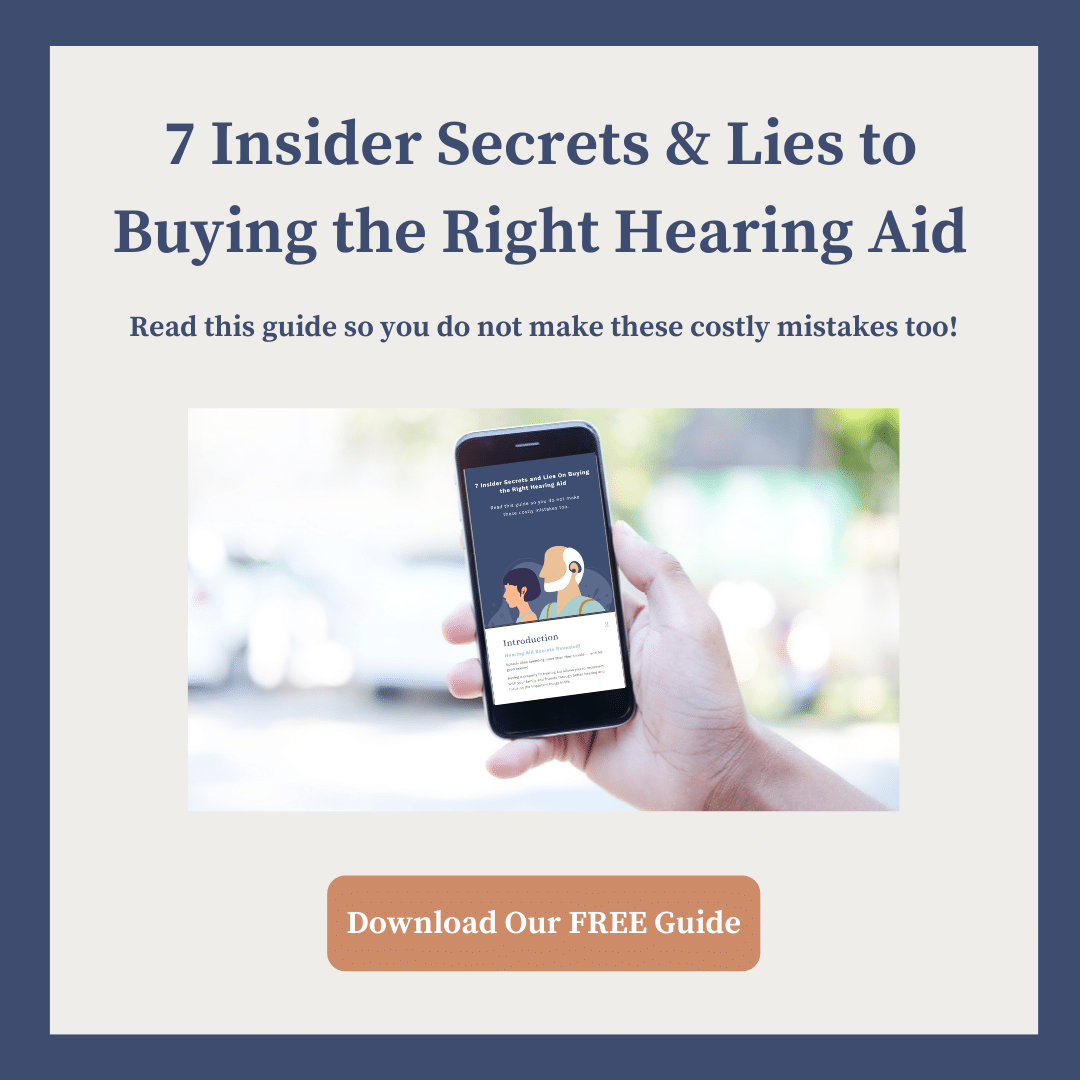It’s very likely that you have someone in your life who struggles with hearing loss. Although your friend or loved one might only experience it to a small degree, the reality is that about 50 million Americans have debilitating hearing loss. Although it may not seem like a challenge, hearing loss can affect nearly all areas of your life – and your loved one can struggle because of it. Here are some ways you can help lessen the impact of hearing loss and make sure your loved one is set up to succeed.
Communicate Effectively
When you have hearing loss, it can be difficult to keep up during conversations. It can also be difficult to tell when someone is trying to talk to you, either in a social situation or from another room. Make sure to get your friend’s attention before speaking so that they can see your face and lips to get the gist of what you’re saying. This means avoiding shouting from another room or covering up your mouth while talking. Avoid raising your voice when speaking in the hopes they can hear you better – this can make it harder to understand what you’re trying to communicate. And if you’re in a group situation, avoid talking over each other and make sure that your friend is included and kept up-to-pace with the conversation.
Manage the Environment
Certain environments can pose extra challenges to people with hearing loss. Places with steady and excessive background noise can take away from their ability to hear the conversation, and dimly-lit environments can make it hard for them to lipread. This can mean you may need to change your plans to avoid busy restaurants or venues in favor of more private settings. If you do go out, let your loved one select a seat where they can hear more effectively, and make sure to accommodate their wishes for everyone’s seating arrangements.
Understand the Impact
Hearing loss can affect more than just their social enjoyment – your friend or loved one can often experience what’s called hearing fatigue. This often happens after extended periods of concentrated listening, like in group situations or environments where it’s difficult to keep up with the conversation. It occurs because the brain works extra hard to decipher conversations and keep up with the context. If your friend or loved one can’t socialize for long periods of time, make sure to understand that it can be physically and mentally exhausting for them. Try to accommodate them taking a break in another room for a while, or keep events on the shorter side so they don’t feel bad about leaving early.
Don’t Be Dismissive
It’s natural to be frustrated sometimes when interacting with someone with hearing loss. Rest assured that it’s even more frustrating for your friend. Although it can be tedious, always make sure to try and communicate calmly and patiently rather than giving up on repeating yourself or dismissing their requests with a “never mind.” If you need to repeat yourself multiple times, try rephrasing what you’ve said, use gestures or other methods of communication, or ask your friend what they’ve already heard so you can help them understand the rest of your meaning. Showing visible frustration can cause your friend or loved one even more distress at what’s already a very difficult and isolating situation.
Encourage Treatment
If your friend or loved one hasn’t already partnered with a Doctor of Audiology, it’s extremely important that they do so. The most effective way to treat hearing loss is with hearing aid technologies, and it can be very daunting to take this important step. One of the best ways you can support your loved one is by encouraging them to seek treatment – not because you’re tired of accommodating their hearing loss, but because you want them to enjoy a healthy and socially active lifestyle. The fact is, hearing aids can help restore some of their social mobility and feelings of isolation, drastically improving mental health. Gentle encouragement that they begin by exploring their options for hearing aids can go a long way!
Free Insider’s Guide
Click here now to receive your FREE insider’s guide to learn how to make an informed and intelligent decision when purchasing a hearing aid?





